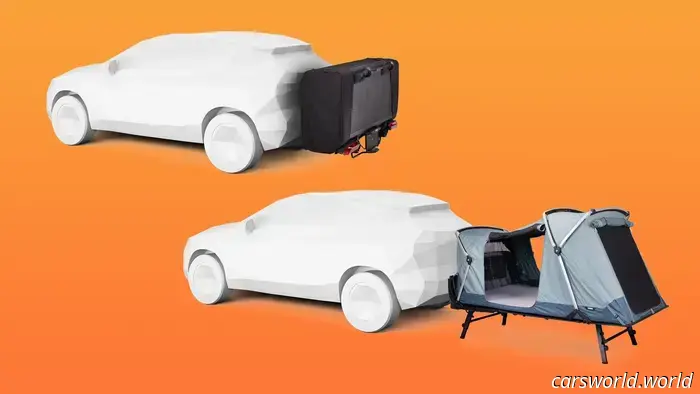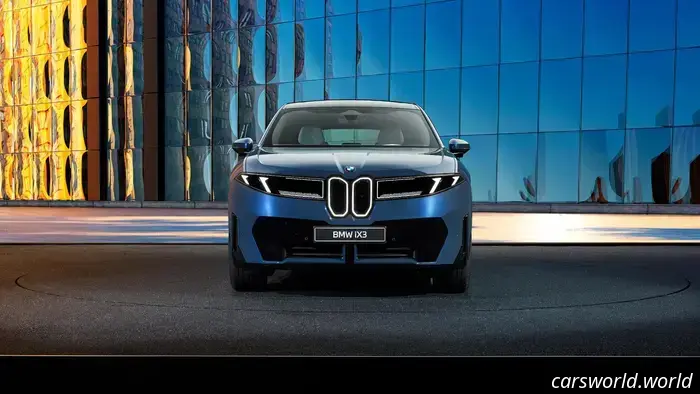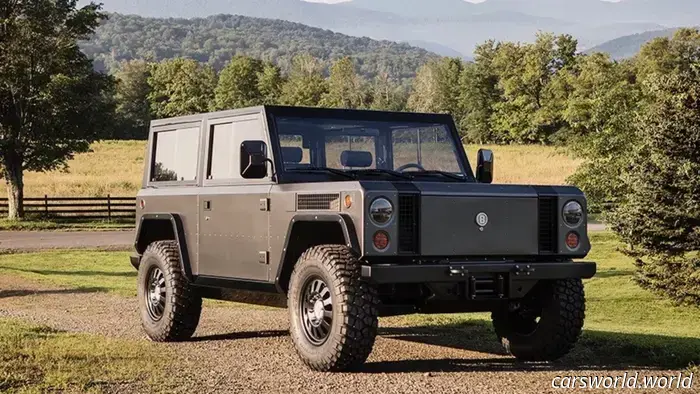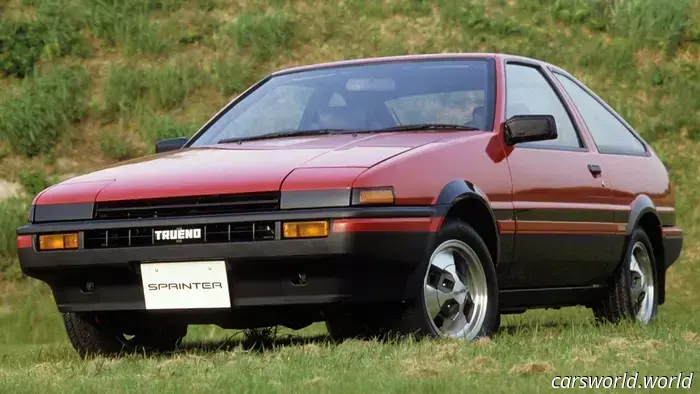
Why are individuals still investing thousands in tents that connect to vehicles?
Thule, edited by the author
The latest news and reviews in the automotive world, without the fluff.
Our free daily newsletter delivers the important stories straight to you every weekday.
Vehicle-mounted tents have existed since pioneer days, but saw a surge in popularity during COVID as #vanlife romanticized 4×4 excursions and Instagram fueled the concept of overlanding. Overlanding has since been interpreted by many as “car camping that involves dressing up like Nigel Thornberry.” While I understand the appeal of looking good as part of my hobbies, I received an email this week regarding the Thule Outset, and the price of this product raises some questions: What are we doing here, folks?
Rooftop tents (RTTs) tend to be pricey. Sure, the quality ones feature superior craftsmanship, premium materials, and clever designs like gas shocks for easy setup. However, they come with common drawbacks: a significant weight mounted high and a considerable aerodynamic drag on the vehicle. Additionally, they complicate parking in garages and accessing them from the ground can be quite frustrating.
The Thule Outset resolves these RTT issues by utilizing a trailer hitch mount. Instead of a large box on your SUV's roof, it offers a spacious box that hangs from the hitch. It unfolds within seconds and can be easily detached if you wish to drive away from your campsite without dismantling your living space. Just make sure not to leave the engine running while someone is sleeping inside, or they may not wake up.
The Land Cruiser on the left features an ARB Altitude roof tent, one of the best available, priced around $6,000. On the right is the most affordable option I found from a reasonably reputable retailer (Walmart)—the “XBull,” priced at approximately $600. However, based on the poorly edited product image, I wouldn’t expect much. ARB, Walmart.
It looks quite impressive in the promotional images at camp. I’ve had great experiences with Thule products (which I’ve always purchased secondhand after years of use), and I have no doubt that the Outset's build quality is exceptional.
Thule
However, I cannot comprehend how there is a market for this at $4,699.95.
In fact, seeing that price tag (which is roughly double what a good RTT costs) makes me question why the vehicle-mounted tent trend persists. None of its touted advantages seem practical. Being elevated to avoid bugs? They can still crawl up your car. Some can even fly! Concerned about animals? They are generally more scared of you. Those that aren't can easily scale your roof if they choose.
The only real practical advantage—nearly instant setup—is certainly not worth a thousand-dollar price increase. As you might have guessed, I'm a ground-tent user myself. Still, I can set up my tent, which is tall enough to stand in and includes a cot at normal bed height, in about the time it takes to listen to three songs. My family-sized ground tent packs down to roughly the size of a carry-on duffel bag and weighs about as much as a couple of jackets.
When overland enthusiasm peaked a few years ago and people started purchasing $300 shovels, I thought, OK, this is a trend that will fade quickly. Now, in 2025, people are still trying to sell me tents that cost more than some of my cars. Am I just a broke cynic who would be happier with a tent affixed to my truck, or is this truly one of the most absurd aspects of the off-road aftermarket?
Got a tip? Let us know at [email protected]






Other articles
 BMW Intends to Unveil 40 New Models Within a Two-Year Period: TDS
Get ready for a complete revamp of the entire BMW lineup in the near future with the Neue Klasse design language.
BMW Intends to Unveil 40 New Models Within a Two-Year Period: TDS
Get ready for a complete revamp of the entire BMW lineup in the near future with the Neue Klasse design language.
 Inside Bollinger's Daring Transition: How the Electric Vehicle Manufacturer is Transforming Its Identity
This spirited electric truck startup currently focuses solely on the commercial market, but it still aims to create an enjoyable 4x4 vehicle.
Inside Bollinger's Daring Transition: How the Electric Vehicle Manufacturer is Transforming Its Identity
This spirited electric truck startup currently focuses solely on the commercial market, but it still aims to create an enjoyable 4x4 vehicle.
 The Ferrari Testarossa makes a comeback, boasting 1,036 horsepower and a rear wing inspired by designs from the 1970s.
The 849 Testarossa is Ferrari's follow-up to the SF90 Stradale. We only wish it featured pop-up headlights.
The Ferrari Testarossa makes a comeback, boasting 1,036 horsepower and a rear wing inspired by designs from the 1970s.
The 849 Testarossa is Ferrari's follow-up to the SF90 Stradale. We only wish it featured pop-up headlights.
 Toyota is producing new engine components for the AE86 to preserve the legacy of the finest Corolla.
Toyota's latest AE86 engine components have been manufactured with improved precision and superior materials compared to those from the original 1980s models.
Toyota is producing new engine components for the AE86 to preserve the legacy of the finest Corolla.
Toyota's latest AE86 engine components have been manufactured with improved precision and superior materials compared to those from the original 1980s models.
 Even the scrapyard is utilizing AI now.
AI could inform your insurance provider to declare your car a total loss simply to sell it internationally for a gain.
Even the scrapyard is utilizing AI now.
AI could inform your insurance provider to declare your car a total loss simply to sell it internationally for a gain.
 Ridge Racer brought the arcade racing experience into homes 30 years ago today.
Ridge Racer brought 3D racing games from the arcades into the cozy environment of your home with the PlayStation. Thirty years later, it's still just as fun.
Ridge Racer brought the arcade racing experience into homes 30 years ago today.
Ridge Racer brought 3D racing games from the arcades into the cozy environment of your home with the PlayStation. Thirty years later, it's still just as fun.
Why are individuals still investing thousands in tents that connect to vehicles?
Thule created a hitch-mounted tent to surpass rooftop tents. I'm not entirely sold on the idea that tents need to be connected to vehicles.
